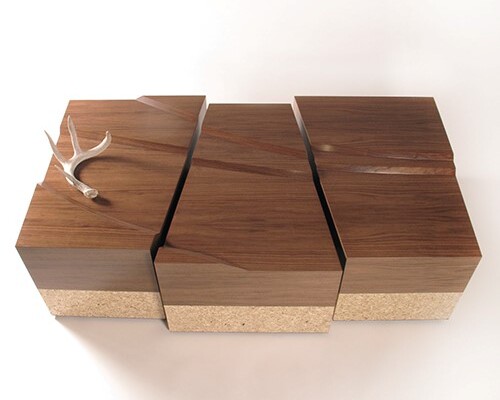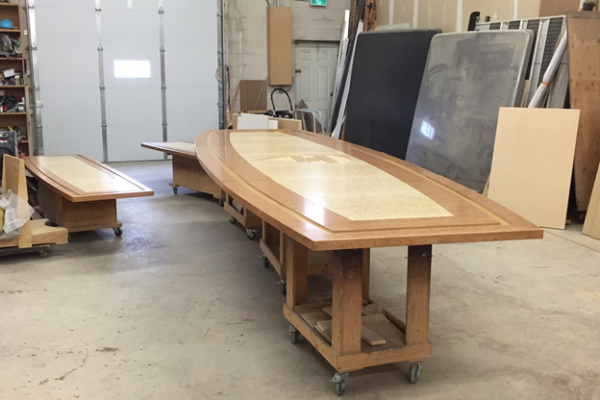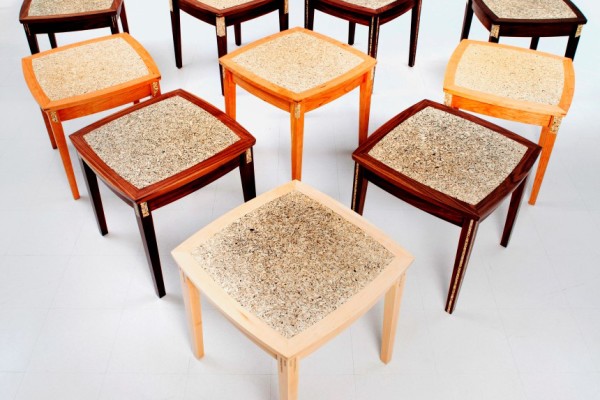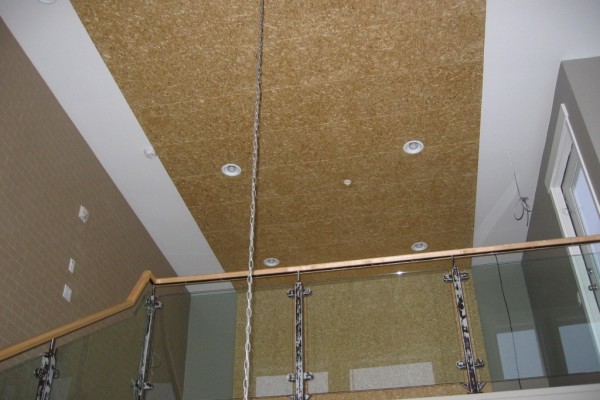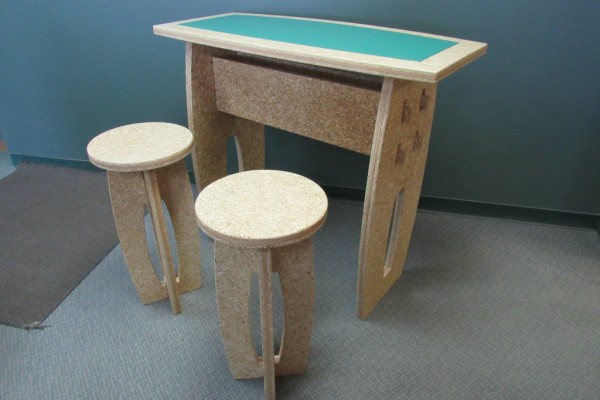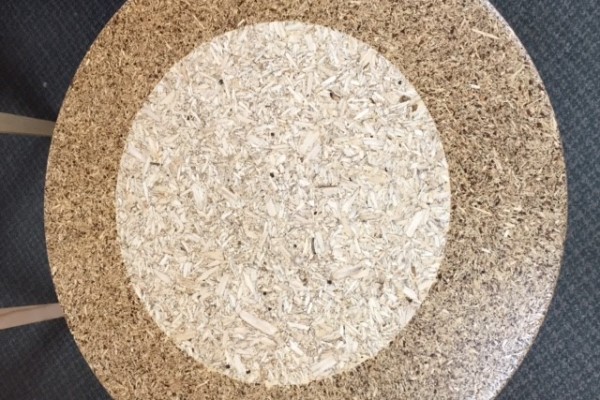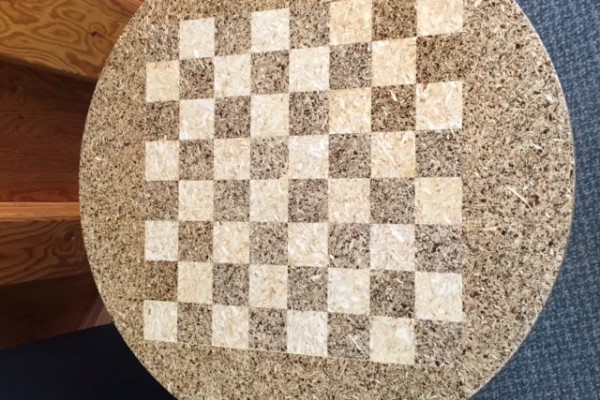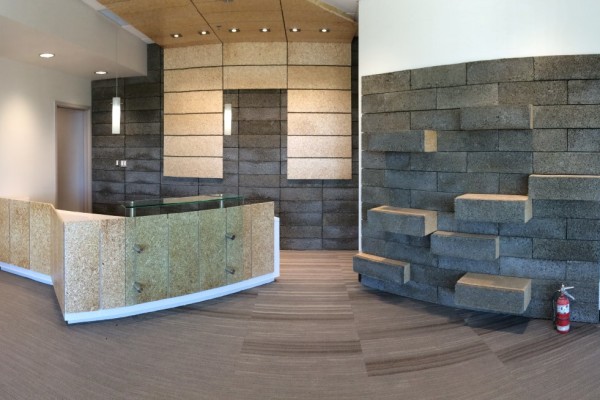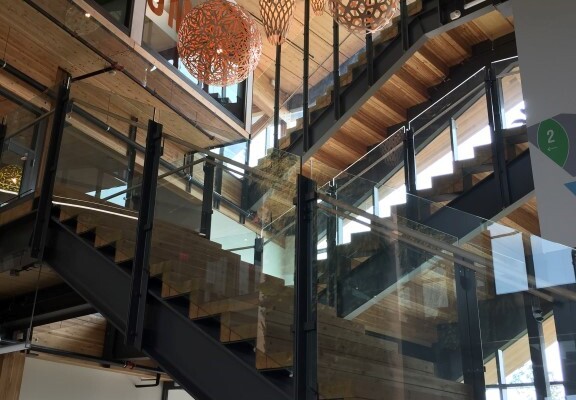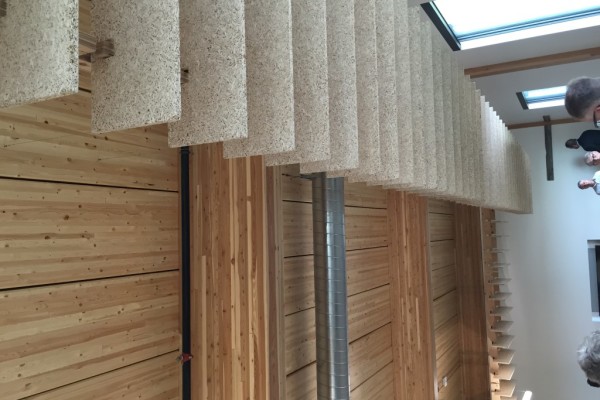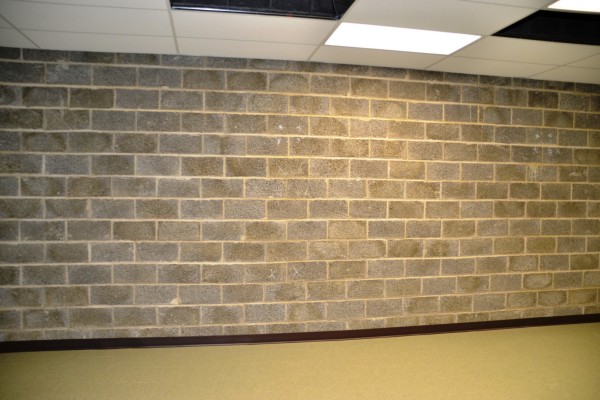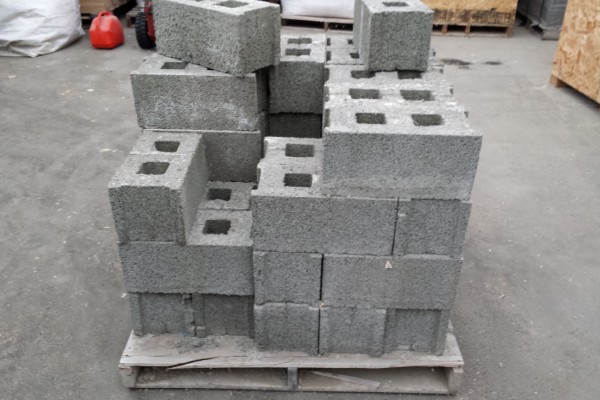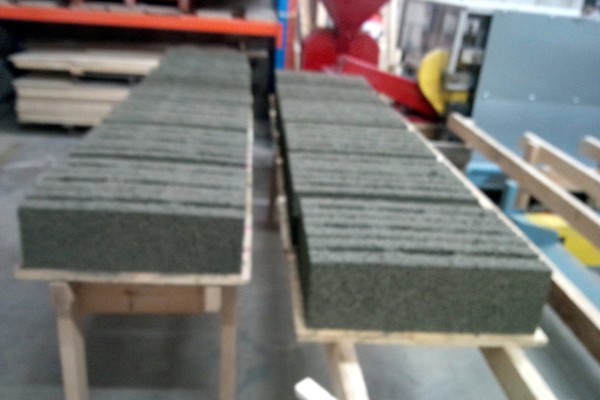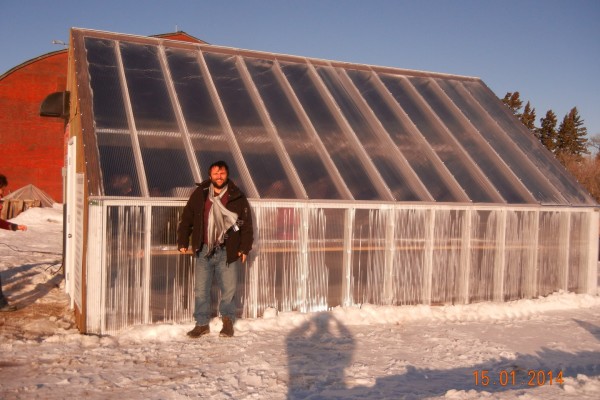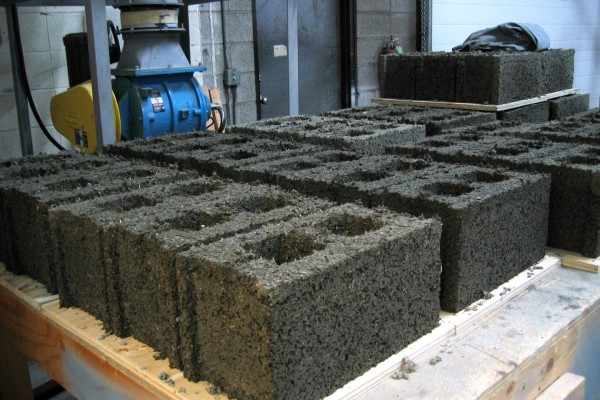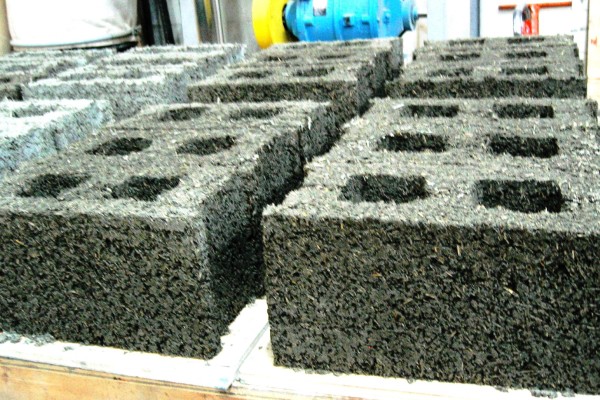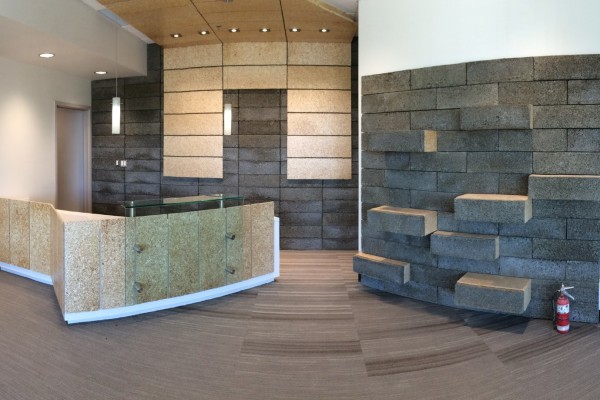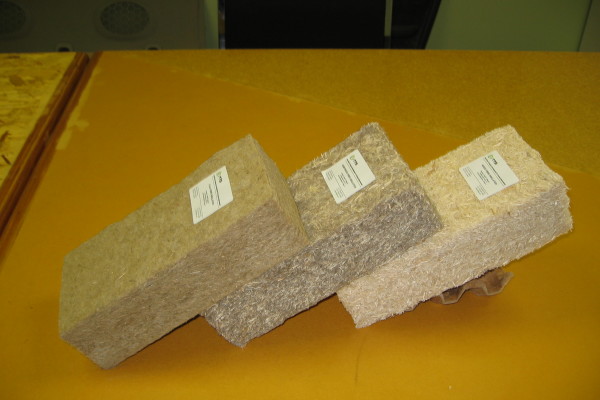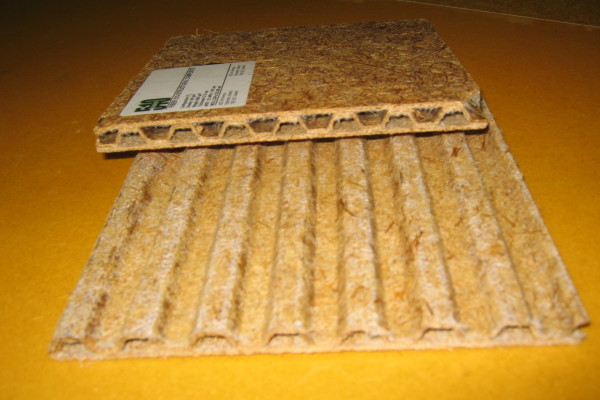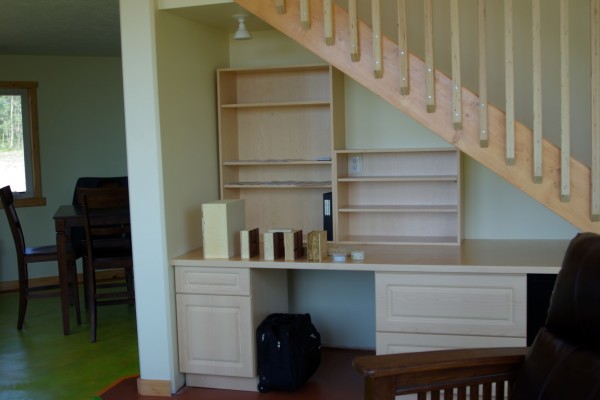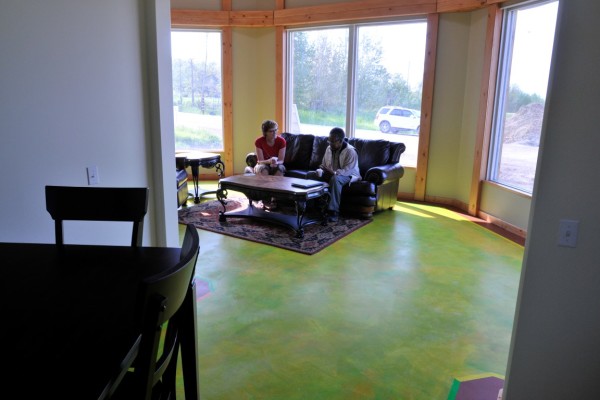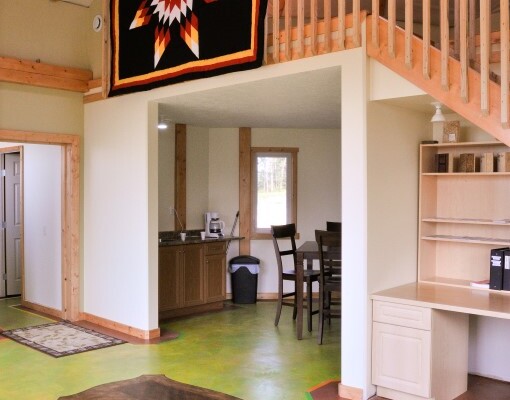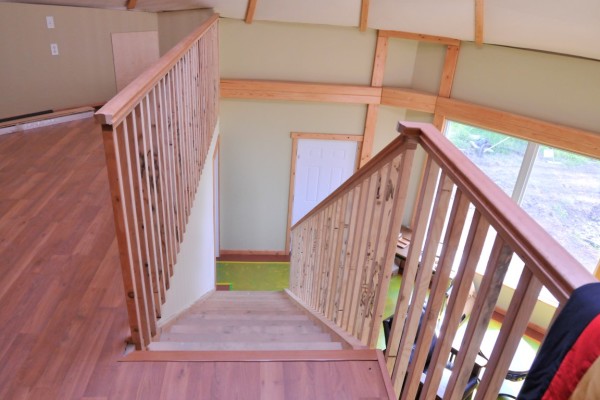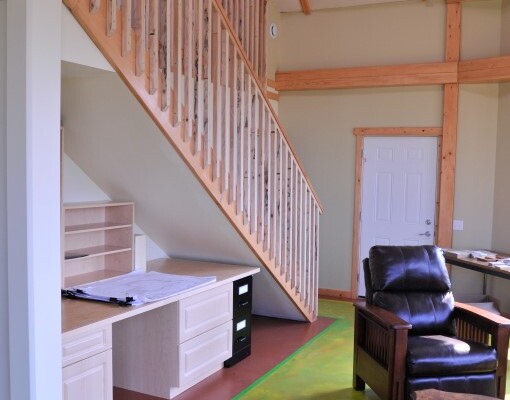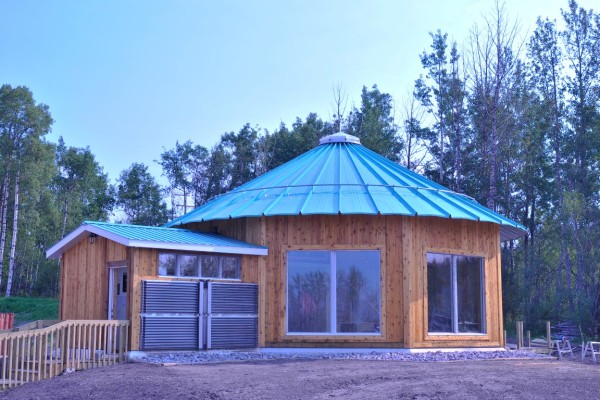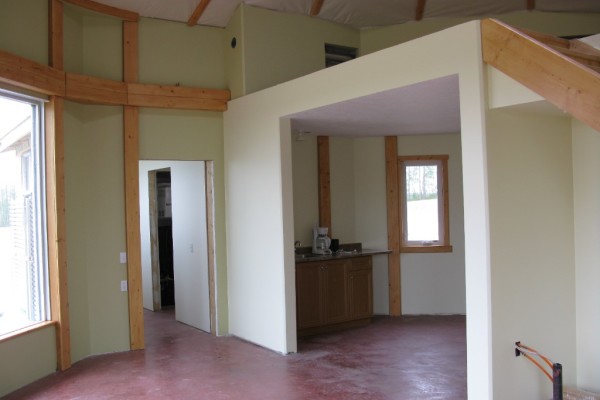Structural Insulated Panel (SIP)
TTS SIP (R-Therm™) is made of polyurethane foam core created between two outer skins of either one or a combination of drywall, plywood, hardboard, or Oriented Strand Board (OSB) resulting with a strong and super insulated construction panel.
The company has developed a new way to construct Structural Insulated Panels that is significantly more cost effective than traditional methods of manufacturing. Unlike most other SIPs in the market the standard 6” R-Therm™ SIP integrates 6” studs at 24” centres. Therefore, there is no need to be confined to post-and-beam design as the panels are sufficient to carry structures as per the requirements of the Canadian Building Codes.
R-Therm™ SIPs are used to construct garage ceilings, floors, walls, and roofs. The product offers greater insulation qualities (R=36) and a significant increase in structural strength over traditional wooden framed or “stick built” homes.
Besides the standard panels, custom built structural modules (4’ wide by up to 12’ high) panels, fabricated to customer requirements are also offered. Further, the panels are designed with “lap-joint” for ease of assembly resulting in substantially shorter construction times and no construction site wastage.
The use of R-Therm™ SIP will enhance LEED credits for projects seeking LEED accreditation.
Click here for technical data sheet
For more information on how to purchase or produce TTS sustainable products, please contact us.

